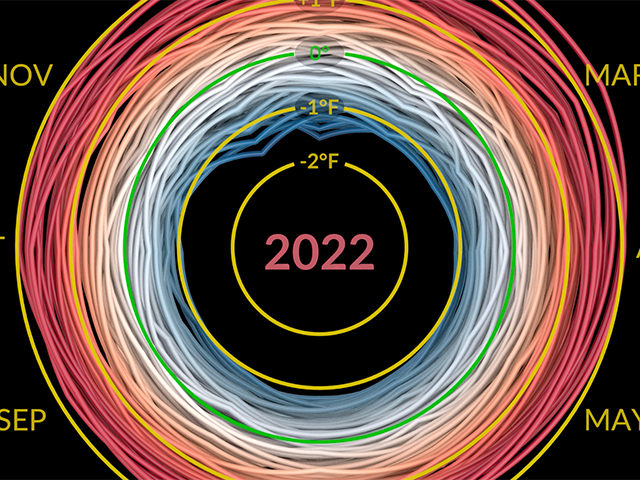pood
Contributor
- Joined
- Oct 25, 2021
- Messages
- 8,093
- Basic Beliefs
- agnostic
Dry heat is far more survivable than wet heat. I have had to be out for an extended period in 110F weather multiple times--unpleasant but not dangerous so long as I have enough water (and I've never done it without ready access to water.) 110F of wet heat would be extremely dangerous no matter what precautions I took. I do agree a child could drop from heat exhaustion but said child would drop in wet heat also.If I had to choose, I'd take the discomfort of hot and humid over over the more deceptive dry heat. Having the moisture sucked out of your body without visibly sweating, I found more dangerous as I had to constantly remind myself to drink more water. I've watched people drop from heat exhaustion a few times in the dry heat of Yosemite. Each time it was an active child.
Wet bulb temps (heat plus humidity, and implications for survivability.) The source here is the well-known cult NASA .




